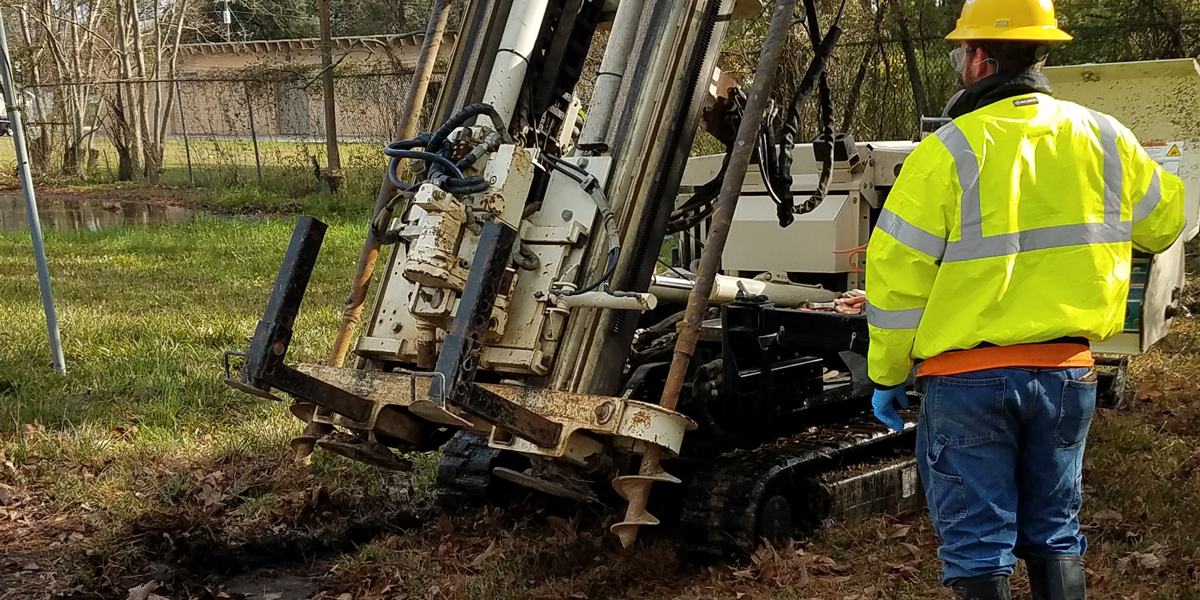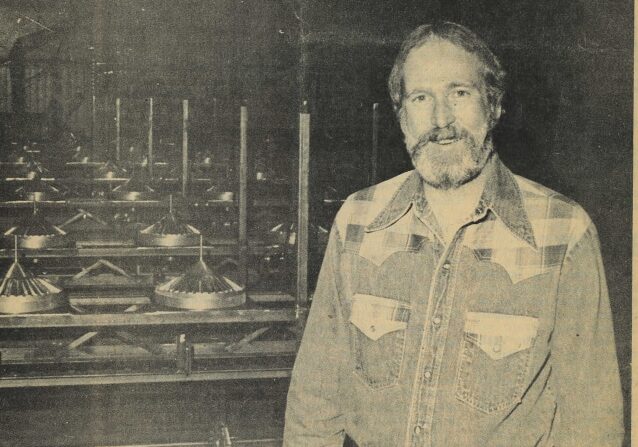Save money with quality geotechnical service

Business Record Staff Mar 2, 2018 | 12:00 pm
4 min read time
922 wordsBusiness Insights Blog, EngineeringBY SID JUWARKER, Client Development Manager, Terracon
As a Client Development Manager at a consulting engineering firm, I am constantly talking with clients about their projects and discussing ways we can add value. One of the areas I feel adds tremendous value in the early stages of project development is geotechnical engineering, which is one of the first investigation processes to take place on a site prior to construction.
Geotechnical engineers evaluate soil, bedrock and groundwater to identify subsurface conditions that impact a proposed development. Soil characteristics on a project site can affect construction in many different ways, most importantly cost and schedule. While looking at proposed building footprints, construction elevations, grade changes, historic site use and any other design conditions, geotechnical engineers can identify potential issues with the project and prepare an adequate exploration scope that intends to address the challenges of cost and schedule.
The geotechnical firm would use this information to recommend modifications to the design, or to inform the design team that the soil conditions are suitable for the intended project. For the owner, recommendations to modify the design can have significant cost implications.
Geotechnical firms, like Terracon, which has a large amount site-specific information stored in a database, can use previously-discovered data from adjacent sites to prepare smart exploration plans, verify cost-effective design methodologies and design parameters, and ultimately save money for clients long-term.
I wanted to better understand how clients make these decisions, and perhaps discover costly issues later in the process without placing a bigger focus on the geotechnical evaluation beforehand.
I also wanted to see what we could do to better help potential clients see the importance of evaluating the project site properly, so I talked to some people in our geotechnical departments to get their thoughts.
Quality over price upfront can save money long-term
Ryan Morgan, the Geotechnical Department Manager at Terracon in Des Moines, deals with a lot of proposals and knows first-hand how geotechnical evaluations can go overlooked.
He said sometimes clients just don’t have a clear understanding of what geotechnical firms can provide in preliminary planning. Some of them see geotechnical evaluations as formalities with different firms providing the same value and product. But having a proper and thorough geotechnical evaluation can make a huge difference during construction.
“If the right data is not collected or interpreted adequately, there is greater uncertainty about the subsurface conditions,” Morgan said. “Some of these uncertainties are known and can be managed by conservatism. Recommendations based on inadequate data can lead to more conservatism in design, leading to higher cost of construction and also by increasing uncertainty during construction, leading to higher potential for delays and claims.”
With historic data already on-hand, geotechnical firms like Terracon can provide proposals with better-tailored soil testing plans with potential for order-of-magnitude savings on the project down the road. In turn, since the tailored geotechnical testing plan may be more extensive and more expensive than proposals from other firms, the potential to reduce long-term cost gets overlooked.
When selection of a geotechnical consultant is based on price alone, the owner loses access to valuable data and experience because these tailored proposals are being evaluated on an “apple to apples” basis, which isn’t useful for obtaining accurate construction cost estimates.
Using good existing geotechnical data to create exploration plans and applying valuable experience may cost a few hundred dollars more upfront, but it could save tens of thousands of dollars in construction costs.
“The issue is — how do you show [the client] this potential cost savings up front?” Morgan said.
An example of in-depth geotechnical data doing its job
I asked our Vice President Scott Miller, who is located in our Omaha, Nebraska, office, for an example of how to show clients the importance of a geotechnical evaluation up front.
While pursuing materials services — providing quality assurance for a construction project — for a six-story office building, Miller and his team noticed something interesting in the preliminary design package.
About a year or so before, his team submitted a proposal for the same project for geotechnical services but was not selected because the proposal was deemed high — about $1,000 more. Since Terracon had worked on the surrounding buildings, Scott and his team were able to integrate that data into their proposal and tailor an exploration plan for that specific spot and project design. Of course, this added testing came with a cost, but the client was looking at present dollars rather than long-term potential.
So when the same client asked Scott and his team to submit a materials services proposal, Scott asked to see the finished geotechnical report. While reviewing, the team noticed the consultant recommended 77-foot piles for the foundation.
Scott and his team reviewed their data from the adjacent buildings and noticed if they had provided the geotechnical services, the recommended pile lengths would have been about 55 feet. So Scott did some more research, made some calls and dropped a note to the client to see if they wanted to save $55,000 in foundations cost.
The client’s response: “How can that be?”
Scott explained and referenced his team’s extensive experience and data with local soil conditions, pile foundations and advanced technology. In the end, the client saved over $50,000 in construction costs.
My takeaway
The best way we can increase awareness about the shortcomings of geotechnical services being commoditized is to start educating our clients. This blog, hopefully one of many, is a step in the right direction.
 |
Sid Juwarker View Bio |










